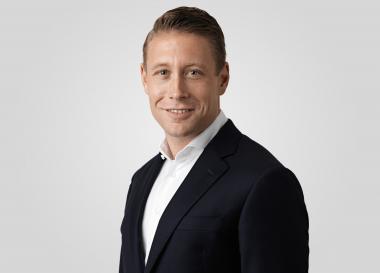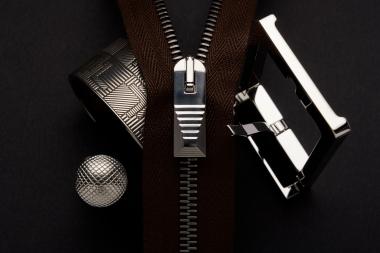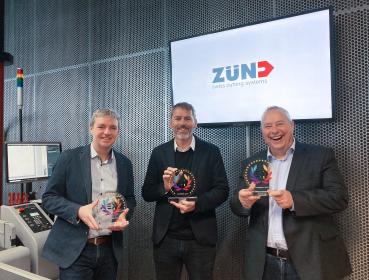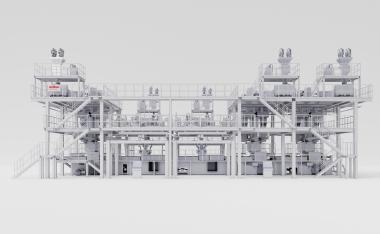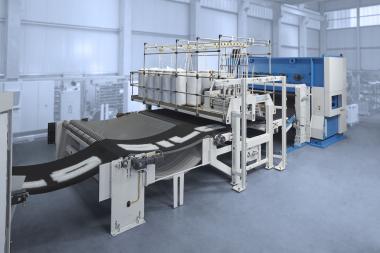New Swiss owners for Heberlein
Heberlein, founded in 1835, successfully completed the sale of its business on 31st of October 2023. The new joint ownership comprises the company’s management, alongside industry expert Daniel Lippuner
and the Renaissance investment foundation. From November 1, 2023, the company will operate under the name "Heberlein Technology AG".
The owners are committed to investing in the long-term success of a business that already combines traditional values with innovative power. The brand is known for its high level of expertise, as well as its tailor-made solutions for the textile business. As the world's leading supplier of jets for synthetic yarns, Heberlein develops, produces, and distributes key components for the man-made fibre industry. Around 80 employees and an efficient infrastructure in Wattwil, Switzerland, ensure that international customers can continue to rely on quality and reliability.
The Renaissance investment foundation was established by pension funds, for pension funds, and has been investing in unlisted Swiss SMEs for over 20 years.
Under the new ownership, the Heberlein business will continue unchanged at the current location in Wattwil with the current management and all current employees. The board of directors and management of Heberlein AG welcome this solution and are convinced that the existence of the company and its traditions will now be secured in the long term and that it will continue to develop successfully – positive news also for the business location of Toggenburg and the canton of St. Gallen.
Martin Zuercher, CEO of Heberlein, says of the transaction: "With this sale, we are opening a new, positive chapter in the company's long history. With the Renaissance investment foundation, we found an owner who is focused on long-term success. Together with the energetic management team, I look forward to continuing to make a significant contribution to Heberlein's success in the future."
Heberlein Technology AG






